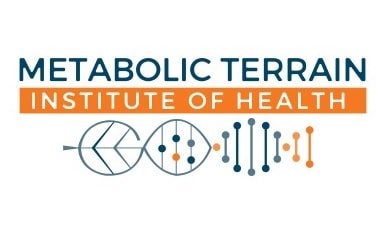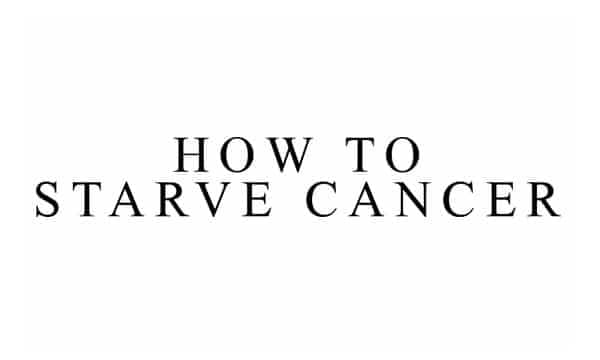What are these therapies?
This group includes several types of therapies:
- Off-label (repurposed) drugs not in standard use for cancer: see our blog post Repurposed Drugs in Cancer Care ›
- Neglected cancer therapies developed in mainstream science
- Cancer therapies with special promise in clinical trials
- Approaches developed by qualified researchers outside the US
- Selected diagnostic techniques in these categories
At CancerChoices we call these therapies “ONCAs,” short for off-label, overlooked, or novel cancer approaches.
These therapies are not standard treatment, but off-label use of drugs is very common in cancer treatment.1Off-Label Drug Use in Cancer Treatment. National Cancer Institute. January 13, 2022. Viewed May 9, 2022. Even so, they may not be offered as options by either conventionalthe cancer care offered by conventionally trained physicians and most hospitals; examples are chemotherapy, surgery, and radiotherapy or complementaryin cancer care, complementary care involves the use of therapies intended to enhance or add to standard conventional treatments; examples include supplements, mind-body approaches such as yoga or psychosocial therapy, and acupuncture medicine practitioners, even though substantial evidence is available for many of them.
What are the benefits of using these therapies?
Some ONCAs may enhance conventionalthe cancer care offered by conventionally trained physicians and most hospitals; examples are chemotherapy, surgery, and radiotherapy treatments, improve survival, and reduce your risk of cancer or recurrence, while others may help manage side effects and symptoms such as pain or fatigue.
These therapies may be used in addition to conventional treatments such as chemotherapy or radiotherapy. Some are used especially with cancer types that don’t respond well to conventional treatments. Many ONCAs are still under investigation for uses in cancer, with some showing special promise in clinical trials.
Specific information about the use, evidence, cost, and more is listed in each therapy review.
Are they safe?
These therapies range from fairly safe to risky. All prescription drugs involve the need for professional medical supervision. We list specific information about the safety, access, and more in each therapy review.
How do I access these therapies?
Some are readily available at low cost, but others may involve considerable expense and perhaps travel for access. Some require a prescription from a licensed physician. We list specific information for each ONCA therapy in our reviews.
Medicare and many insurance companies pay for off-label drugs for cancer treatment as long as the off-label uses are listed in an approved compendiuma collection of drug summaries put together by experts who have reviewed data about the drug’s use in patients.2Off-Label Drug Use in Cancer Treatment. National Cancer Institute. January 13, 2022. Viewed May 9, 2022.
Helpful links

Terrain Certified Practitioner Directory ›
These practitioners are trained in determining appropriate therapies, including prescribing and monitoring off-label drugs, as part of an integrative cancer care plan.

Jane McLelland’s Metro Map Protocol includes use of off-label drugs and includes a directory of doctors trained in this protocol.
Explore our reviews of ONCAs
Learn more about ONCAs
References
